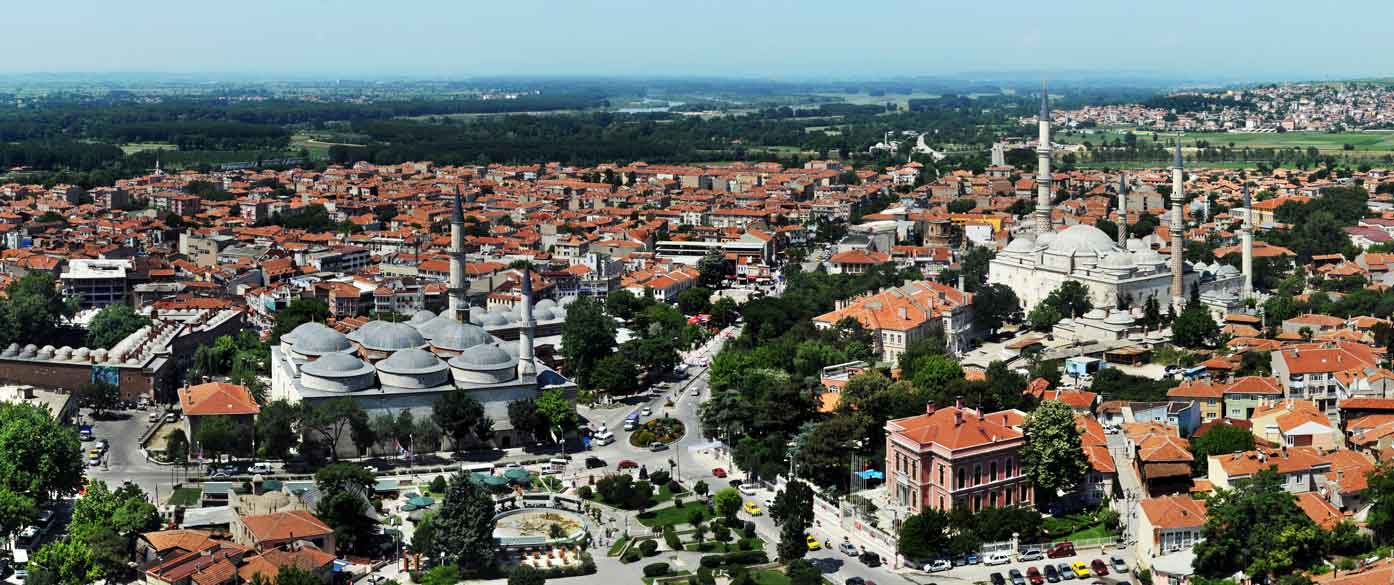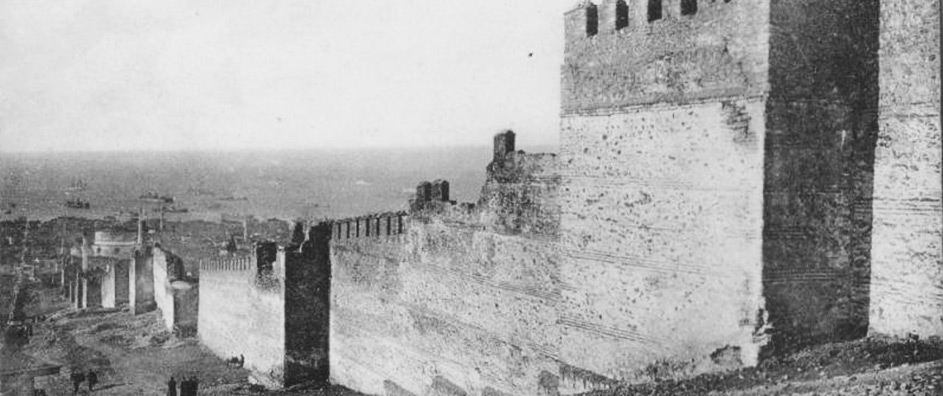The views expressed in our content reflect individual perspectives and do not represent the authoritative views of the Baha'i Faith.
For the third time, the fear of the Ottoman Empire authorities forced Baha’u’llah and his followers into another exile. Determined to stifle or stop the rapid growth and influence of Baha’u’llah’s progressive new teachings, the government’s decree sent them, this time, to Adrianople, a provincial city in Ottoman-held Europe, known today as Edirne, Turkey.
The move took place in weather so cold that on the road they occasionally encountered the corpses of travelers who had frozen to death. This time, their exile caused the entire group great hardship. Upon arrival in Adrianople they were given poor housing. Without adequate clothing, shelter, and other necessities, the exiles suffered tremendously.
Neither Baha’u’llah nor any of his retinue had been charged with a crime, yet they had been summarily and hastily removed. At that point it became clear that they were prisoners of the state.
From Adrianople Baha’u’llah sent a message of stern rebuke to the Persian ambassador, upbraiding him for this unjust treatment and boldly asserting the ultimate triumph of God’s Cause.
Once again Baha’u’llah found himself, his followers and his family banished, this time to Ottoman-held Europe.
His arrival marked the first time in recorded history that the founder of a world religion had set foot on the European continent. Moses, Christ, and Muhammad had all spent the entirety of their lives in the Middle East, although in due course each of the religions they founded has had a profound impact upon the West.
Baha’u’llah predicted that the same pattern would repeat itself in this age, but on a vastly larger scale. Christ had stated, “For as the lightning comes from the east and shines as far as the west, so will be the coming of the Son of man.” – Mathew 24:27. Baha’u’llah, apparently echoing these words, stated,
In the East the light of His Revelation hath broken; in the West have appeared the signs of His dominion. Ponder this in your hearts, O people… – Tablets of Baha’u’llah, p. 13.
From Adrianople Baha’u’llah communicated news of the declaration of his mission to the Babis in Persia, who greeted the announcement with joy.
The trumpet asketh: ’Hath the Bugle been sounded?’ Say: ’Yea, by the King of Revelation! when He mounted the throne of His Name, the All-Merciful.’ Darkness hath been chased away by the dawning light of the mercy of thy Lord, the Source of all light. The breeze of the All-Merciful hath wafted, and the souls have been quickened… Thus hath the decree been fulfilled by God, the Mighty, the Beneficent. – Baha’u’llah, Tablets of Baha’u’llah, p. 117.
In a short time virtually all of the Babis rallied to Baha’u’llah, for they had already come to regard him as the leader of the faith. Indeed, quite a few had suspected that he was the Promised One, and a handful had openly professed their faith before his own declaration. It was during this period of Baha’u’llah’s short stay in Adrianople that his followers became known as Baha’is—followers of Baha.
It had been barely twenty years since the birth of the Babi Faith. The community of believers had survived a series of devastating calamities, including the martyrdom of the Bab, the deaths of thousands of his followers, the banishment of Baha’u’llah from his native land, and now his further banishment to the remote city of Adrianople. In spite of it all, the persecuted faithful had steadily regained their spirit and their sense of purpose.
From this point on, despite mounting hardships, crises and imprisonment, the Baha’i Faith would grow into the newest of the world’s great religions.


















Comments
Sign in or create an account
Continue with Googleor